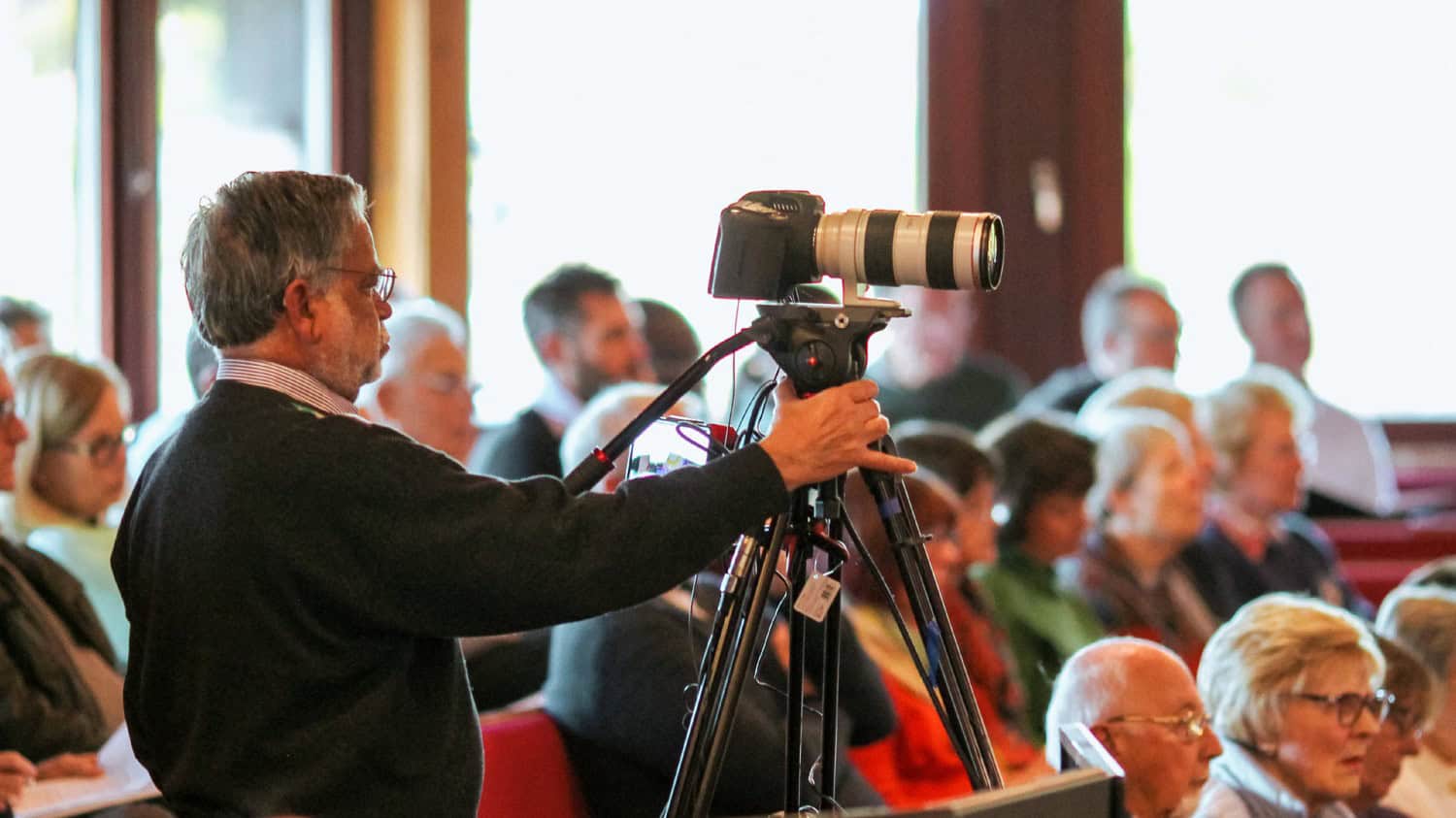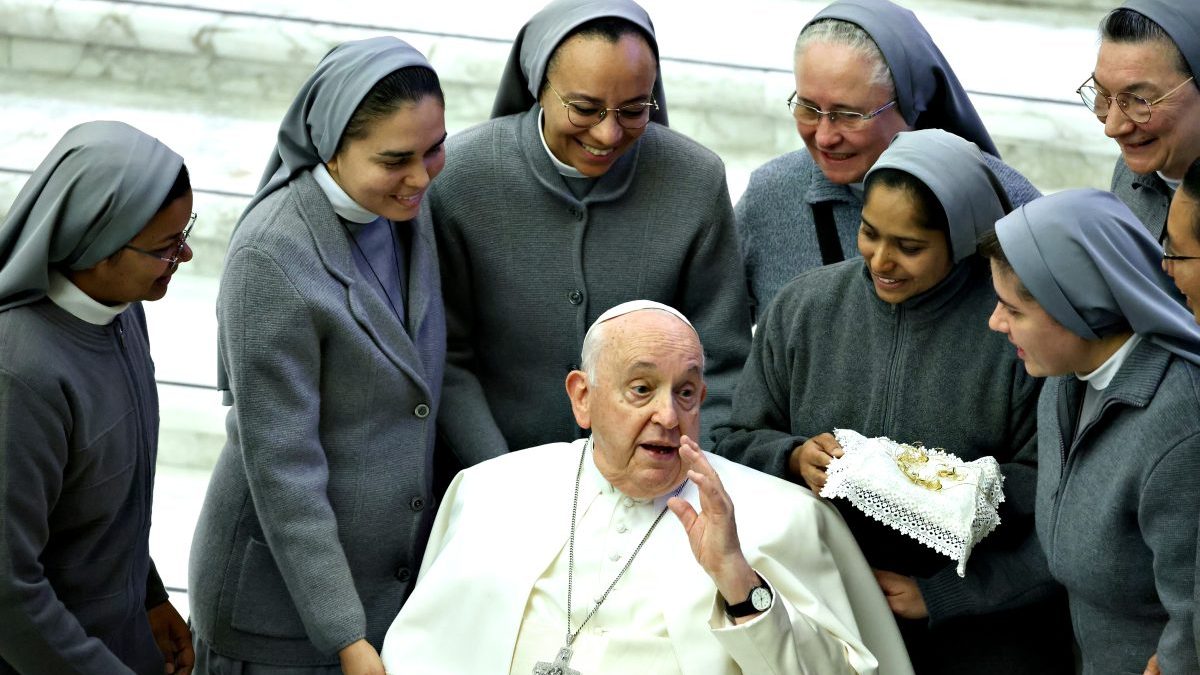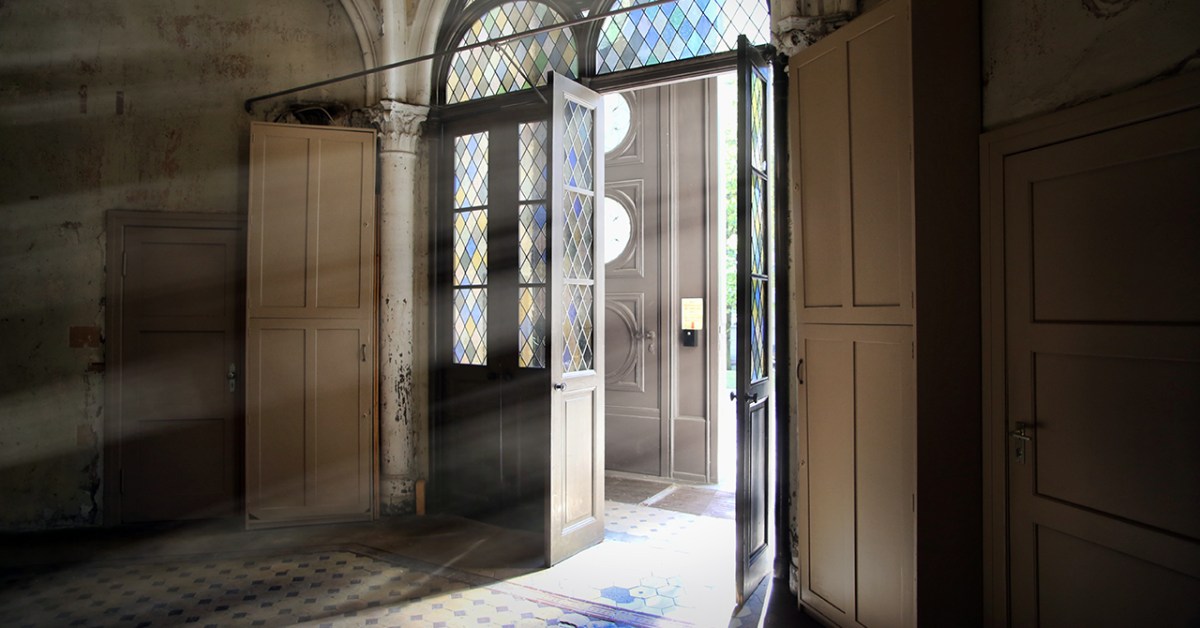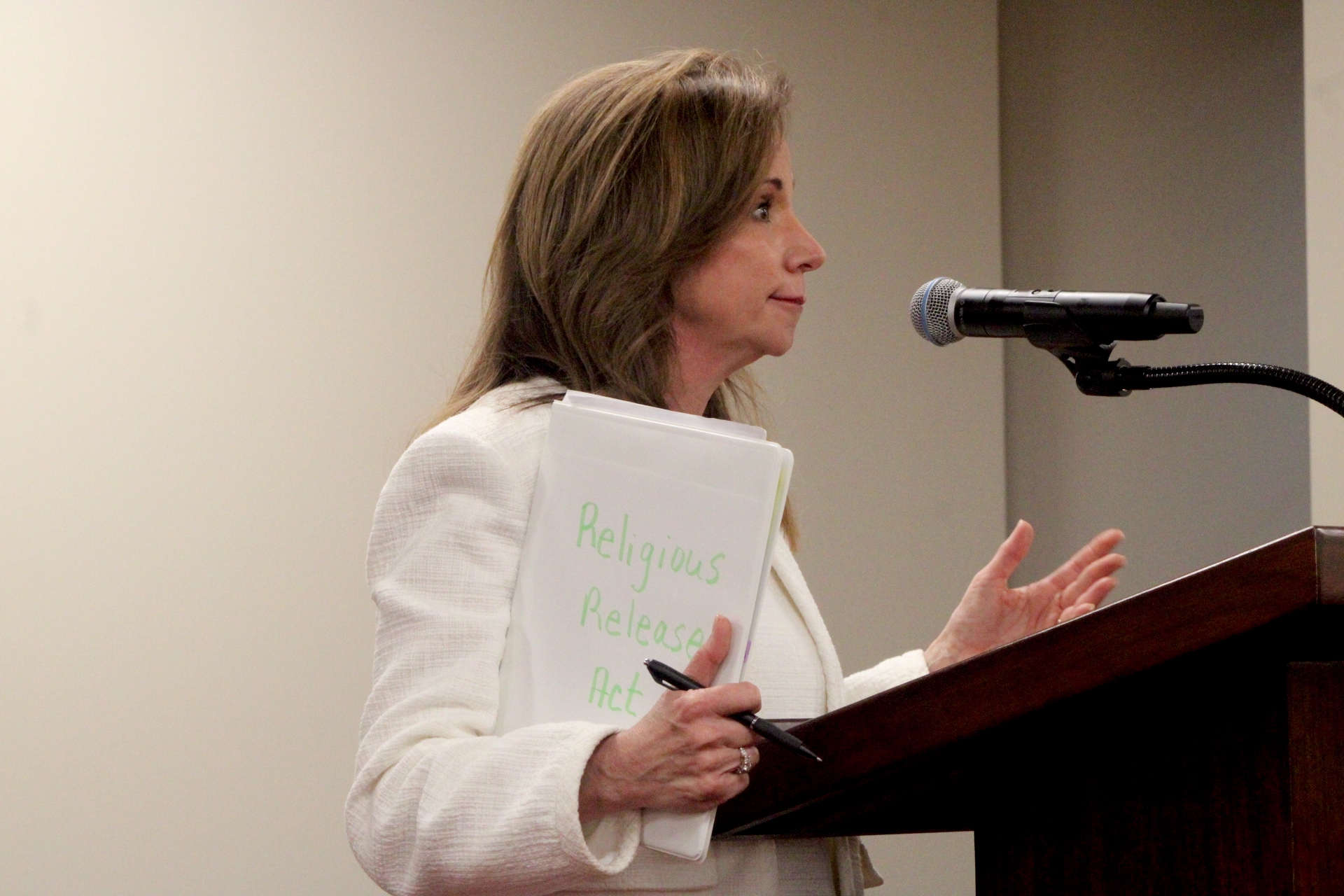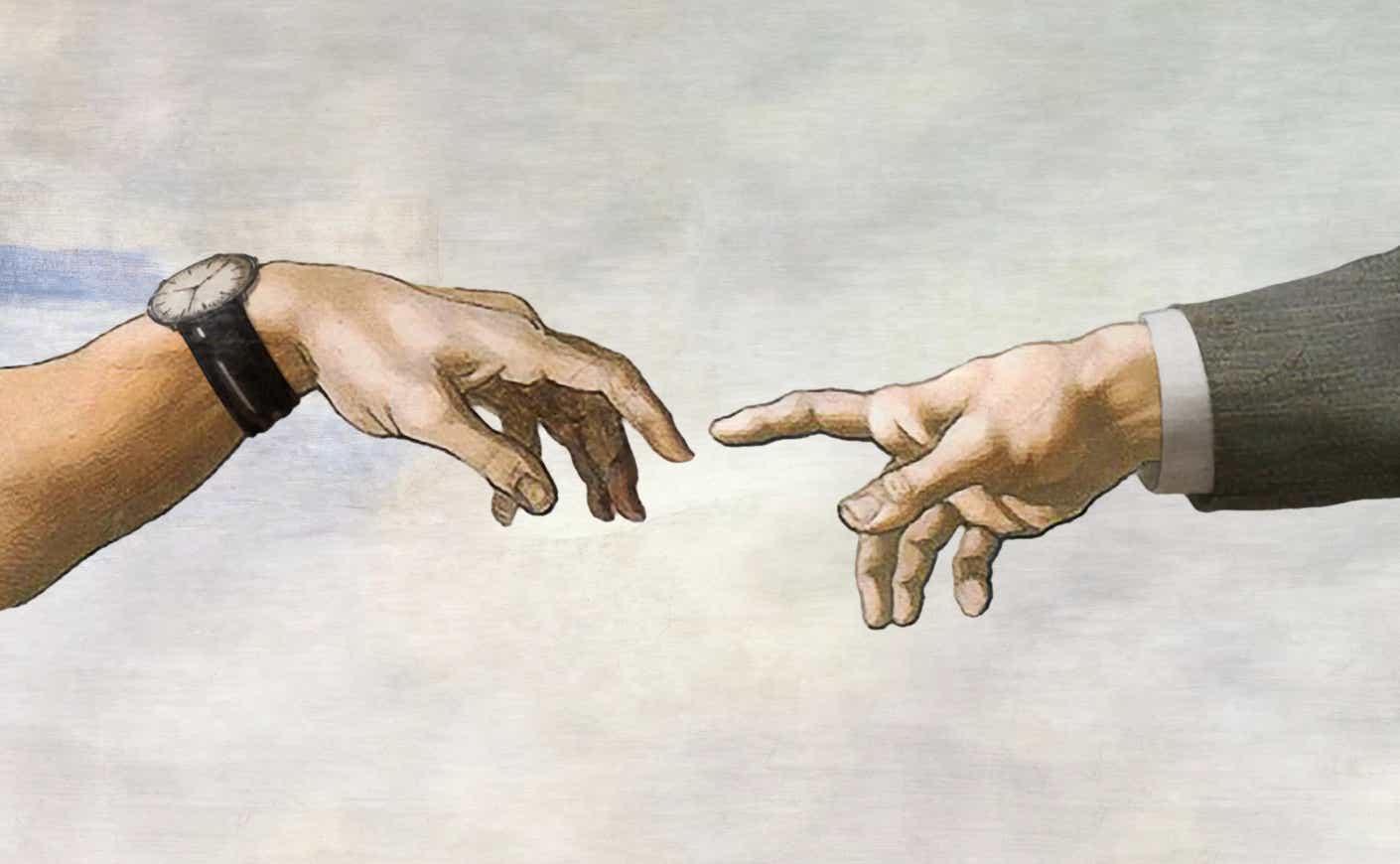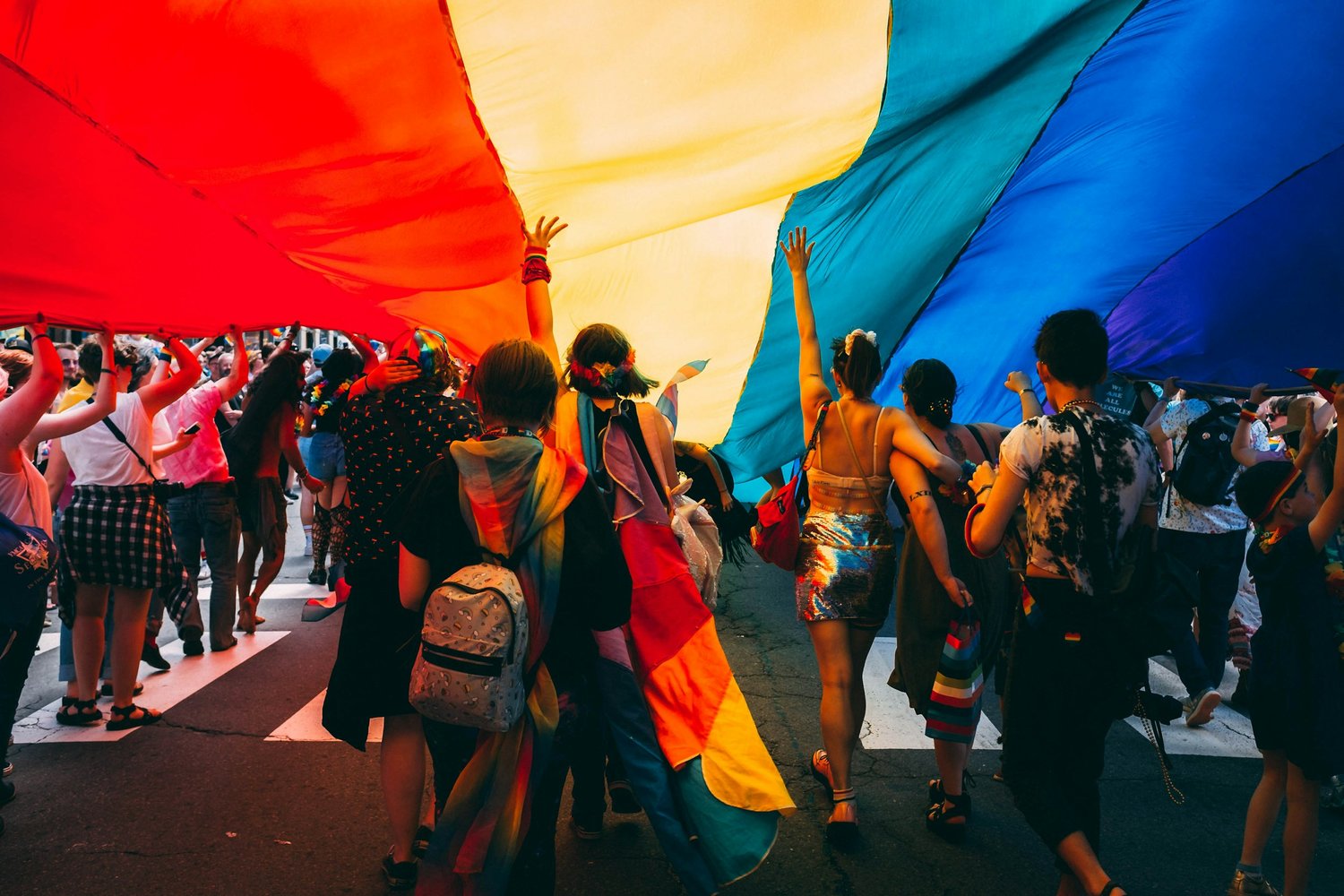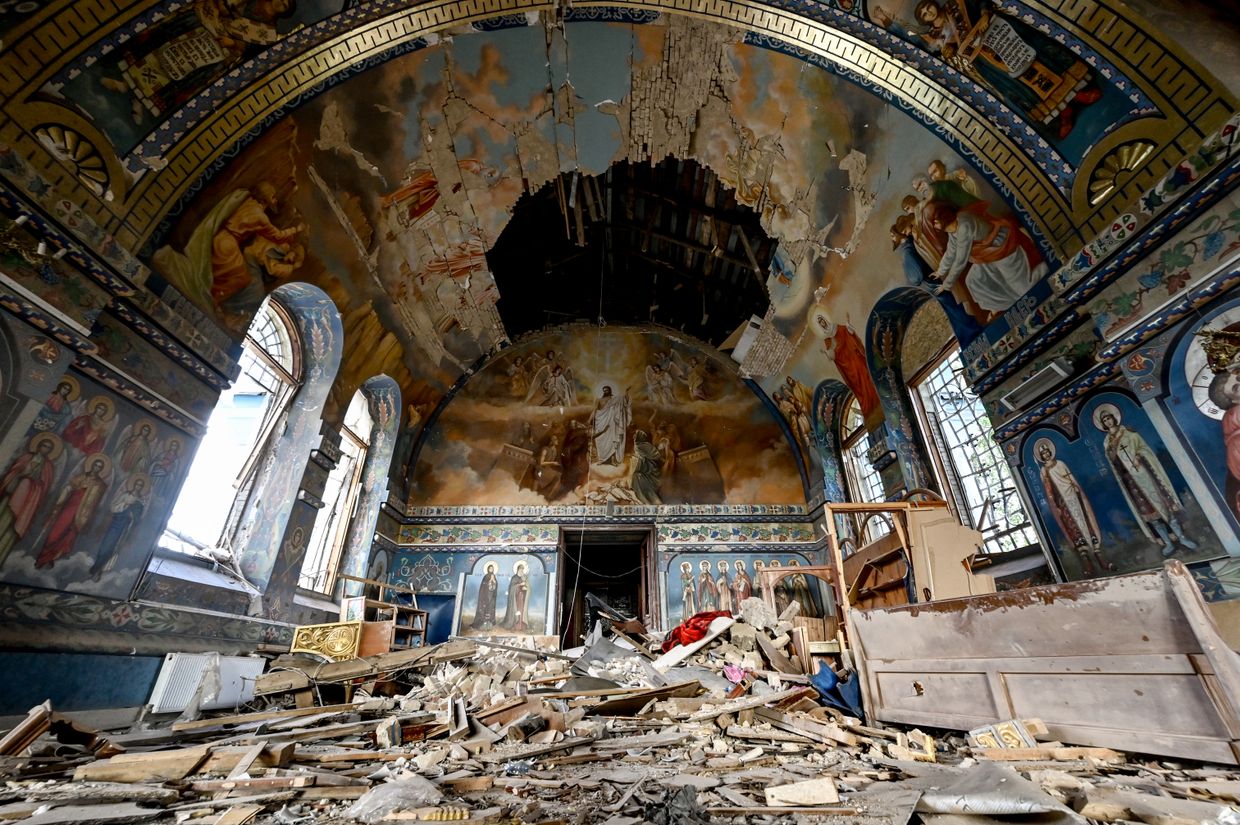Faith, Friction, and Fallout: Inside the ABC's Religious Reporting Controversy
Religion
2025-04-14 00:57:49Content

Religious But Not Ethical? A Critical Look at ABC's Moral Landscape
In the complex world of media and ethics, the Australian Broadcasting Corporation's (ABC) Religion and Ethics Department finds itself in an intriguing paradox. While seemingly committed to religious discourse, the department appears to be more devoted to promoting what some might call the "religion of The Sexular Age" rather than upholding genuine ethical standards.
This discrepancy raises critical questions about the department's true commitment to balanced and principled reporting. Are they genuinely exploring religious and ethical perspectives, or are they simply advancing a particular ideological agenda?
The time has come for an uncomfortable yet necessary conversation about media integrity, journalistic ethics, and the subtle ways ideological biases can infiltrate seemingly objective platforms. By critically examining these dynamics, we can better understand the nuanced landscape of media representation and ethical reporting.
What emerges is a compelling narrative about the challenges of maintaining true objectivity in an increasingly polarized media environment.
The Ethical Dilemma: Navigating Media's Moral Landscape in the Digital Age
In an era of unprecedented media complexity, the boundaries between journalistic integrity, cultural representation, and ideological advocacy have become increasingly blurred. Modern media platforms face unprecedented challenges in maintaining objectivity while addressing sensitive societal narratives, particularly when confronting nuanced topics of identity, ethics, and cultural transformation.Unmasking the Hidden Tensions in Contemporary Media Discourse
The Shifting Paradigms of Media Representation
Contemporary media landscapes are experiencing profound transformations that challenge traditional understanding of journalistic neutrality. The Australian Broadcasting Corporation's (ABC) Religion and Ethics Department represents a microcosm of broader systemic tensions emerging in media ecosystems. These tensions arise from complex intersections between institutional mandates, cultural narratives, and evolving societal expectations. The fundamental challenge lies in navigating the delicate balance between representing diverse perspectives and maintaining rigorous ethical standards. Media organizations increasingly find themselves walking a tightrope between inclusivity and potential ideological bias, a dynamic that demands unprecedented levels of critical self-reflection and institutional transparency.Institutional Integrity and Narrative Construction
Media platforms like ABC's Religion and Ethics Department are not merely passive conduits of information but active participants in narrative construction. Their editorial choices fundamentally shape public understanding of complex social dynamics, particularly around sensitive topics of identity, culture, and social transformation. The process of narrative construction involves intricate decision-making frameworks that extend far beyond simple reportage. Journalists and editors must continuously negotiate between representing marginalized voices, maintaining institutional credibility, and providing nuanced, contextually rich perspectives that transcend simplistic binary narratives.The Ethical Dimensions of Contemporary Journalism
Ethical journalism in the digital age demands a multifaceted approach that goes beyond traditional notions of objectivity. It requires a sophisticated understanding of power dynamics, representational politics, and the potential societal impacts of media narratives. The emergence of what some scholars term "The Sexular Age" represents a complex phenomenon where media platforms become sites of ideological negotiation. This concept suggests that contemporary media does not merely report on social changes but actively participates in their construction and interpretation.Navigating Complexity in Media Representation
The challenges facing modern media organizations are not simply about maintaining neutrality but about developing nuanced, contextually sensitive approaches to representation. This requires ongoing institutional self-examination, robust editorial processes, and a commitment to transparency. Media platforms must recognize their role as critical infrastructure in democratic societies, understanding that their narratives have profound implications for public discourse, social understanding, and collective identity formation. The responsibility extends far beyond simple reportage, demanding a holistic approach to ethical communication.Towards a More Reflexive Media Ecosystem
Addressing these complex challenges requires a fundamental reimagining of media's role in contemporary society. Institutions like ABC must develop more sophisticated frameworks for understanding their own potential biases, institutional blind spots, and the broader societal implications of their narrative choices. This process demands continuous dialogue, institutional humility, and a willingness to engage in critical self-reflection. Only through such approaches can media platforms hope to maintain their credibility and continue serving their fundamental democratic function of informed public discourse.RELATED NEWS
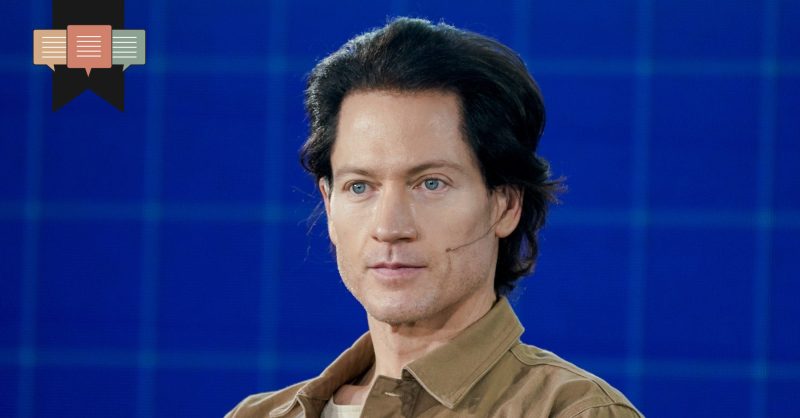
Beyond Silicon Valley: Bryan Johnson's Quest to Turn Self-Optimization into a Spiritual Movement
